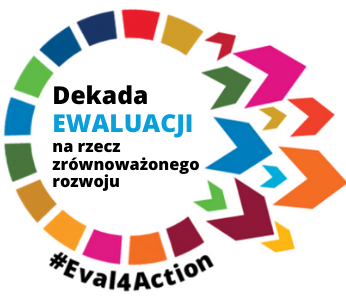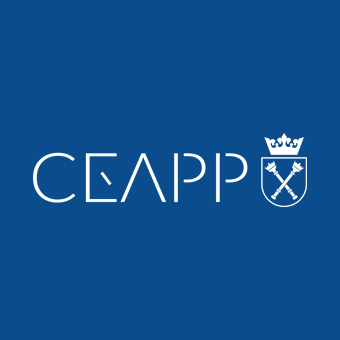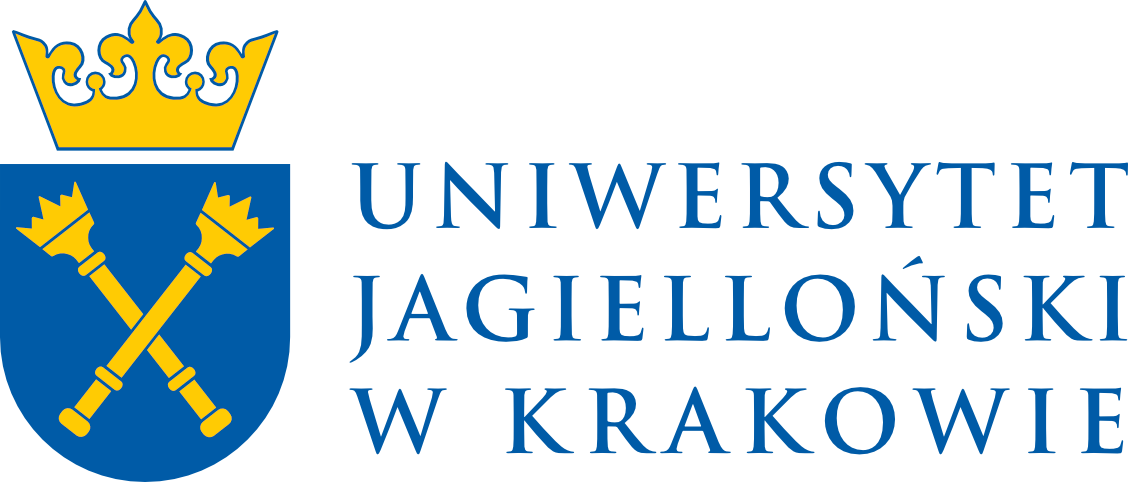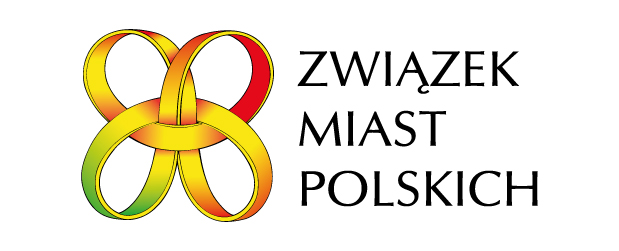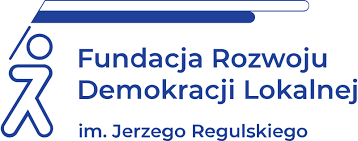Evaluation as crossing boundaries
The status quo and – rooted in it − our experiences, knowledge and habits are insufficient to meet demands of the dynamic changes that occur in the societies, in politics, in economic and environmental affairs, and are insufficient to reduce the growing levels of uncertainty. The question about the role of evaluation in these processes will be a central point of discussions to be held at the Third International Evaluation Congress under the key theme “Evaluation as crossing boundaries”. Are evaluators ready to face ever changing demands of the modern times? How can crossing borders in evaluation affect the perception of different systems, institutions or research results? The topics of this year’s Congress include sustainable development goals, smart cities’ solutions, evaluation activities in local self-government units, levels of trust in the society, citizen science, as well as support for young evaluators.
“Every institution or programme has a story to tell about its origin, its development, its achievements at a particular time”[1] − wrote a renowned scholar from the United Kingdom who provided important contributions to the establishment of the Polish Evaluation Society and the promotion of participatory evaluation. Professor Helen Simons will be our guest of honour at the Congress this year.
We invite guests from Poland and abroad, including from the United Kingdom, Germany, Ukraine, Czech Republic, as well as from Jordan, South Africa and Sri Lanka and we want to look through local, regional and global lenses and point to their common denominator – which is the need for cooperation and reflection on the boundaries of evaluation The process of crossing these boundaries in evaluation requires us to change our current thinking and shift the focus from acquiring and possessing resources to collaborating in creating those and sharing them.
We cordially invite you to take part in the Third International Evaluation Congress organized by the Polish Evaluation Society in collaboration with the Jerzy Regulski Foundation in Support of Local Democracy. The Congress will be held under the patronage of the International Organization for Cooperation in Evaluation (IOCE), which brings together evaluation societies from around the world, as well as the EvalPartners and Eval4Action, which are the evaluation initiatives undertaken by the United Nations (UN) and IOCE. His Magnificence Rector of the Jagiellonian University and the Centre for Evaluation and Analysis of Public Policies are the Honorary Patrons of the Congress.
[1] In: Helen Simons (2009). Case Study Research in Practice (Prologue). Sage Publications Ltd.
Congress Recipients
The Evaluation Congress is aimed at:
- Evaluator and researcher communities;
- Managers responsible for managing research teams;
- Representatives of the scientific community, including experts dealing with the analysis and evaluation of public policies based on the results of evaluation research;
- People involved in the management of organizations and projects co-financed, among others, from public funds;
- Public administration representatives responsible for defining and shaping public policies;
- Students interested in evaluation;
- Representatives of non-governmental organizations, including evaluation societies (Voluntary Organizations for Professional Evaluation (VOPEs)
Plenary session
“Evaluation as crossing boundaries”
The plenary session of 3rd Evaluation Congress organized by the Polish Evaluation Society gathers evaluation experts from across Europe who never stayed in their ivory towers of academia, but worked for decades on the margins of many different communities as evidence advocates. Being practitioners, academics, leaders of VOPEs they crossed geographic, sector, stakeholder, disciplinary, demographic and most importantly as it seems nowadays – ideological boundaries.
These mentality travels has brought them on the watershed of evaluation where now we can learn from their experience and exchanges in this panel.
As Chris Ernst, Donna Chrobot-Mason writes in the book called Boundary Spanning Leadership: “Borders, barriers, limits, obstacles, and constraints—there is no shortage of boundaries in today’s challenging business and political environment. When times are tough, our natural tendency is to hunker down. Battle lines are drawn. Organizational silos get taller. Worldviews shrink, attitudes narrow, and positions tighten. All too often, boundaries create borders that divide groups into Us and Them. The result can be fractured relationships, diminished resources, suboptimal results, and divisive conflict. Yet, boundaries are also frontiers. Wherever group boundaries collide and intersect, there is potential for different ways of working and new forms of collaboration. Boundaries can reveal new frontiers for solving pressing problems, driving innovation, and leading breakthrough change.”
We now turn to them to find that fragile balance between building resilience in turbulent times and staying on the fertile intersections of the discussions about the future of evaluation. Have we managed to increase the level of evaluation use in the institutions and countries we serve? Can we move on from this classical theme in our conference with a feeling of a well done job in serving evidence based decision making in pandemic times?
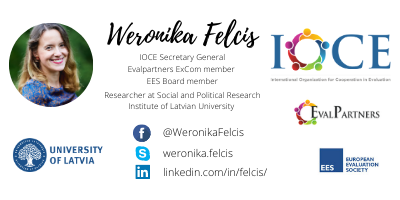
Opis paneli
PANEL 1
Ewaluacja SDG/zrównoważonego rozwoju

MODERATORKA: Weronika Felcis – członkini Zarządu Europejskiego Towarzystwa Ewaluacyjnego (EES), sekretarz Międzynarodowej Organizacji Współpracy na rzecz Ewaluacji (IOCE), Uniwersytet Łotewski
[sg_popup id=”2372″ event=”click”]Więcej informacji[/sg_popup]
PANEL 2
Ewaluacja „Smart City”

MODERATORKA:Magdalena Urbańska – członkini Zarządu Polskiego Towarzystwa Ewaluacyjnego, CEO TEMBOLab, Uniwersytet im. A. Mickiewicza w Poznaniu
[sg_popup id=”2375″ event=”click”]Więcej informacji[/sg_popup]
PANEL 3
Ewaluacja – poza granice parametryzacji

MODERATOR: prof. Leszek Korporowicz – Prezes Honorowy PTE, Uniwersytet Jagielloński
[sg_popup id=”2384″ event=”click”]Więcej informacji[/sg_popup]
PANEL 4
Zaufanie i jego brak w ocenie i ewaluacji systemów

MODERATORKA: Anna Kierzkowska-Tokarska – ekspert merytoryczny oraz ewaluator w programach edukacyjnych i społecznych; współpracuje z Narodową Agencją Wymiany Akademickiej, Narodowym Instytutem Wolności w Programie Rozwoju Organizacji Obywatelskich oraz z Fundacją Rozwoju Systemu Edukacji w Programie Erasmus+ dla sektora edukacji zawodowej VET., członkini PTE
[sg_popup id=”2386″ event=”click”]Więcej informacji[/sg_popup]
PANEL 5
Ewaluacja − poza oceną efektów działań w samorządach lokalnych

MODERATOR: dr Mirosław Warowicki – członek Zarządu PTE, Ursa Consulting
[sg_popup id=”2378″ event=”click”]Więcej informacji[/sg_popup]
PANEL 6
Ewaluacja lokalnych projektów wspierających zatrudnienie młodzieży z perspektywy nowych ewaluatorów

MODERATOR: dr Sławomir Nałęcz – Fundacja Rozwoju Demokracji Lokalnej, Projekt Youth Impact
[sg_popup id=”2333″ event=”click”]Więcej informacji[/sg_popup]
PANEL 7
Inauguracja Programu Mentorskiego PTE „Mentor4EVAL”

MODERATOR: Alicja Zajączkowska – członkini zarządu PTE, autorka i koordynatorka Programu Mentorskiego PTE Mentor4EVAL, Prezes Zarządu PrePost Consulting Sp. z o.o., ewaluatorka w Laboratorium Innowacji Społecznych
[sg_popup id=”2390″ event=”click”]Więcej informacji[/sg_popup]
Skład Rady Programowej III Międzynarodowego Kongresu Ewaluacyjnego:
- prof. dr hab. Grzegorz Gorzelak, Uniwersytet Warszawski, EUROREG
- prof. dr hab. Jarosław Górniak, Uniwersytet Jagielloński
- prof. dr hab. Henryk Mizerek, Uniwersytet Warmińsko-Mazurski
- prof. dr hab. Włodzimierz Okrasa, Uniwersytet Kardynała Stefana Wyszyńskiego
- dr hab. Leszek Korporowicz prof. UJ, Uniwersytet Jagielloński
- dr hab. Jolanta Perek-Białas prof. UJ, Uniwersytet Jagielloński, kierownik CEAPP
- dr hab. Barbara Worek prof. UJ, Uniwersytet Jagielloński
- dr hab. Małgorzata Latoch-Zielińska prof. UMCS, Uniwersytet Marii Curie-Skłodowskiej
- dr hab. Sylwia Jaskuła-Korporowicz prof. PWSIiP, Państwowa Wyższa Szkoła Informatyki i Przedsiębiorczości
Sponsorzy kongresu
Patronaty
Patronat nad wydarzeniem objęły International Organization for Cooperation in Evaluation (IOCE), a także EvalPartners oraz Eval4Action –inicjatywy na rzecz ewaluacji podjęte przez IOCE oraz Organizację Narodów Zjednoczonych (ONZ). Patronat Honorowy and Kongresem objął Jego Magnificencja Rektor Uniwersytetu Jagiellońskiego prof. Jacek Popiel, a także Centrum Ewaluacji i Analiz Polityk Publicznych przy Uniwersytecie Jagiellońskim.
Partner wydarzenia
Fundacja Rozwoju Demokracji Lokalnej im. Jerzego Regulskiego





